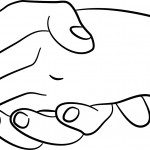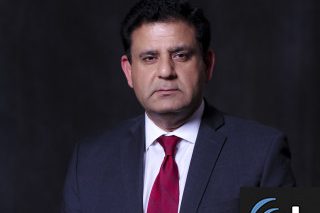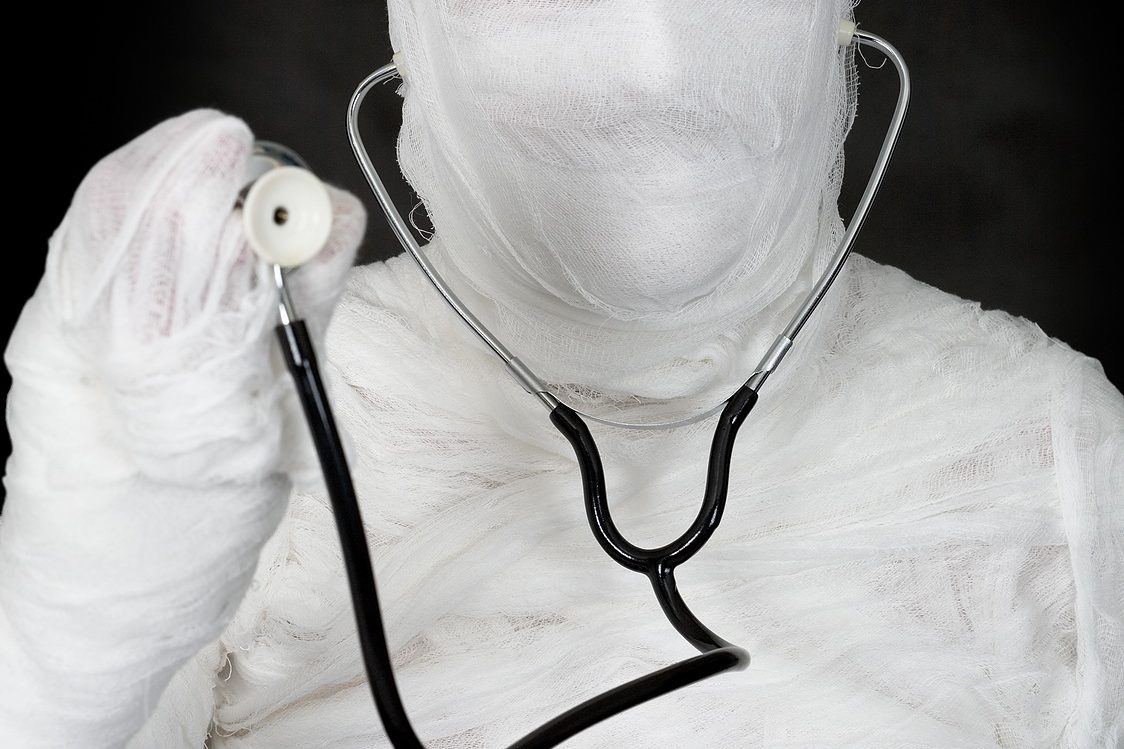My wife doubts I can be trained to do anything. I have not learned to put coffee cups in the washer, make a bed (let alone with hospital corners), evade the transfixion of the TV or take off my shoes on the shag carpet. I refuse to squeegee drips from shower walls, and suspect it to be dangerous. However, I do believe that in the wonderful years we have shared, I have learned at least one thing. I understand how to listen to a second opinion.
This lesson from wedlock has been very valuable in the practice of medicine. I believe that in health care a second opinion is as valuable as the physical exam, a blood test or just making sure your doctor actually graduated from medical school. If you even think, “should I get a second opinion”, the default answer must be “yes.”
There are several reasons why second opinions are invaluable. First, the second doctor may see the case differently, and raise the possibility of an alternative diagnoses. Might that result in more tests? Sometimes, but the correct answer is worth the labor. With most medical conditions you get one chance to get treatment right, so take the time to study it closely. If the second consultation does change the diagnosis, it may not mean the first doctor was absolutely wrong. It may mean that by taking a fresh look from a slightly different angle the second doctor saw more clearly.
It is worth getting a second opinion because the two doctors almost certainly have different experiences with your medical condition and with the associated treatments. Therefore, they may have different views about the side effects and benefits. That is the nature of medicine. Two experienced qualified physicians will occasionally see the same case in a different light. This gives you, the patient, the advantage of several choices and perhaps significantly different outcomes.
In 2012, physicians are closely linked on an international basis. Therefore, it is unusual for a second opinion physician to know of a therapy, conventional or experimental, which the first doctor does not. Nonetheless, one doctor may give greater emphasis to new or experimental treatment. That sort of information and balance is valuable for a patient to hear.
Finally, the second (or third…) opinion may agree absolutely with the recommendations of the first physician. That is great, and reassuring. In that case, you have not wasted time, but rather gained support and comfort with the plan. This is good thing to have when dealing with complications or side effects. It allows the patient to focus on healing and it is ammunition when your nosy neighbor says, “I told you so.” Often the two doctors will explain the situation in a slightly different manner. That helps you the patient to be better informed. The worse thing that can happen during such a consult, is that you learn.
Work with the doctors to coordinate the second opinion. If you are not certain if a second opinion would be valuable, ask. Doctors are not in cahoots to give you the same answers. Doctors are in cahoots to give you the best care.
The first physician can usually recommend experts for a second opinion, help set up the appointment and arrange to send records. Most physicians are very interested in speaking to the second doctor in order to share ideas, learn about alternatives and confirm diagnoses. Do not be secretive, it just puts you as the patient in the position of having to balance two “opposing” recommendations. You are the patient, not the doctor. Make the doctors do their job.
If you find your doctor is not open to this approach, it may be time to change physicians. This is not about the doctor, this is about you. You must put yourself first. It is not your role to care about the physician’s feelings.
When you are working with a physician who you trust, you will find they appreciate being involved in the second opinion process. It helps them to confirm or fine tune their recommendation. They understand that you are creating a healthcare team. Together this team can give to you the finest care.







2 Comments